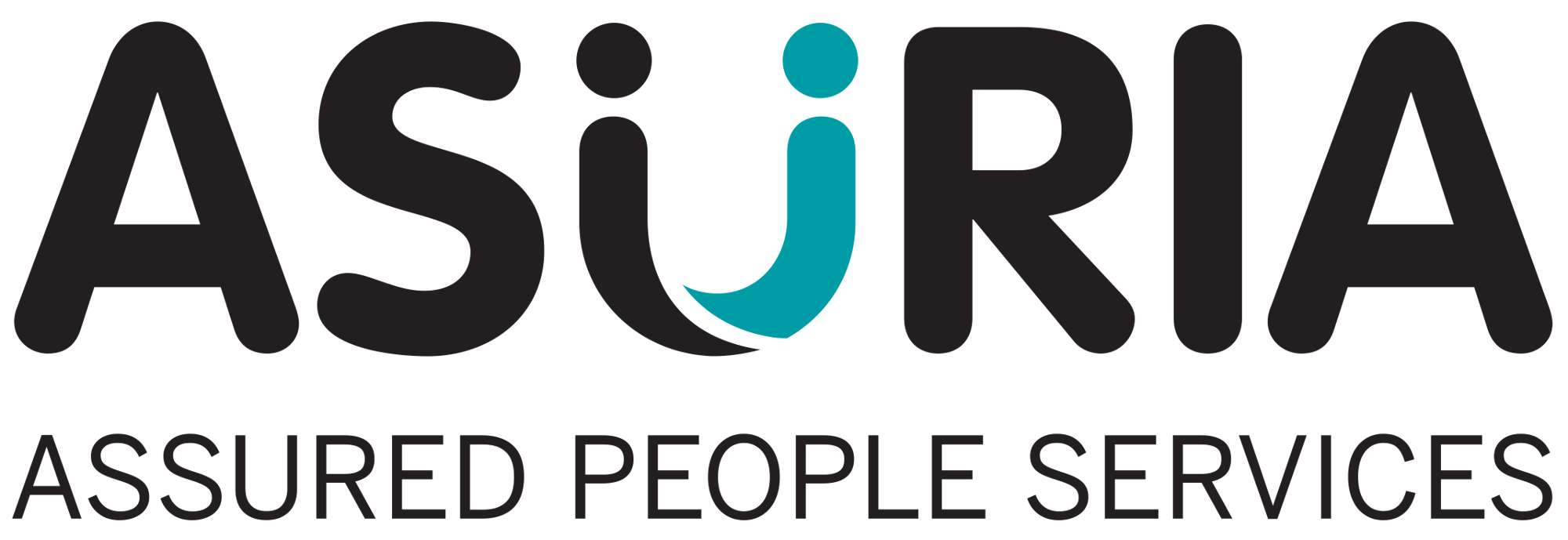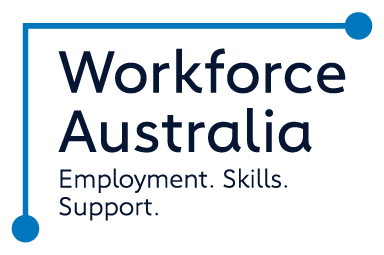At PeoplePlus, mental health and wellbeing is a significant part of the services we offer our customers.
We believe that getting clients job-ready, can be more than just working on a resume. Sometimes, getting job-ready can include breaking down and overcoming possible mental barriers that might be clouding our self-worth and motivation.
Today is R U OK Day? a national day of action to remind Australians to check-in and ask someone every day, "are you ok?"
While today is important, we know and understand that checking in on someone and recognising the wellbeing of others is essential all year round – not just on awareness days.
To support our customers who need a helping hand on their path to employment, we have our Allied Health Services. The Allied Health service is an in-house Professional Service of Psychologists and Social Workers who provide assessment (non-vocational and vocational), referral, counselling, social skills training, and support for Participants who are experiencing barriers or issues that may impact them finding or maintaining employment.
Making up our tight-knit Allied Health Team is Deborah and Yasamin.
Deborah and Yasamin, are both trained mental health professionals, who work closely with our participants to provide individually tailored advice and support.
In a general sense, they offer strategies for the management of mental health issues such as depression and anxiety, personal development to increase self-esteem and confidence and social skills training. Deborah and Yasamin also provide support by connecting participants with specialist health services in their own area and working with their Job Coaches to ensure a continuum of care and support to help move them closer to the labour market.
We caught up with the pair to get an understanding of what R U OK? Day means, and how we can practice the spirit and message of R U OK? Day, in our day to day lives.

As mental health professionals, what are some common thoughts/mannerisms that may suggest someone is not ok?
Low energy or motivation, lack of drive, reduced smiling, reduced eye contact, negative talk, slumped body language, all or nothing thinking (always, should, could or must), disinterest, isolation, avoidance, crying, feelings of anger, frustration, irritability or agitation.
What are some helpful ways that a person can show that they're thinking of/checking in on someone?
Take them to lunch, buy them a coffee, send a text message or email, FaceTime or ring them, listen without judgement, offer/provide support and always follow-up with them.
What are some actions/phrases to avoid using when talking to someone who is struggling?
"I know how you feel", "Everything will be okay", "Cheer up it's not that bad", "Everyone gets depressed, snap out of it", "Calm down, everyone gets anxious", "It's all in your head", "Just go for a walk, "What's wrong with you, everybody goes through stuff".
Also, eye-rolling or showing a lack of eye contact suggests disinterest in the person.
Why is it important to take care of your mental health?
"Mental health is important to take care of due to the productivity and effectiveness it places in life. Our mental health also contributes to our decision-making process, how we cope with stress and how we relate to others in our lives. For example, a healthy state of mental health allows us to cope better with the difficulties that life presents, or the joy of being around people in our professional or personal lives." - Yasamin
What is the one big thing we should take away from R U OK? Day?
"To remember to check in with your loved ones, colleagues and friends; don't assume that they're ok, just because they're not talking about it. I think R U OK? Day is probably more important than previous years because of the pandemic we're living in, particularly those in Victoria.
The words 'R U OK?' have to have action behind it – otherwise, it's meaningless." - Deborah.
What can we start practicing every day to show support for someone?
"Help them create a routine, because it's about behavioural activation, that is 'doing something' – even if that means reminding them to shower every day – this is particularly important with someone dealing with depression. If it's anxiety, offer to go with them, for example offering to go for a walk with someone or going to an appointment with them for support." - Deborah
What sort of impact does providing support have on a person who may be struggling?
"Working in the field of mental health, common statements I hear include, 'I wish someone checks in with me'. Remember that, even if a person chooses not to open up to you, them knowing you reached out in a non-judgmental manner is so important." - Yasamin
This year’s theme for R U OK? Day is, ‘There's More to Say After R U Ok?’, for more information, check out the R U OK? Day website here.







